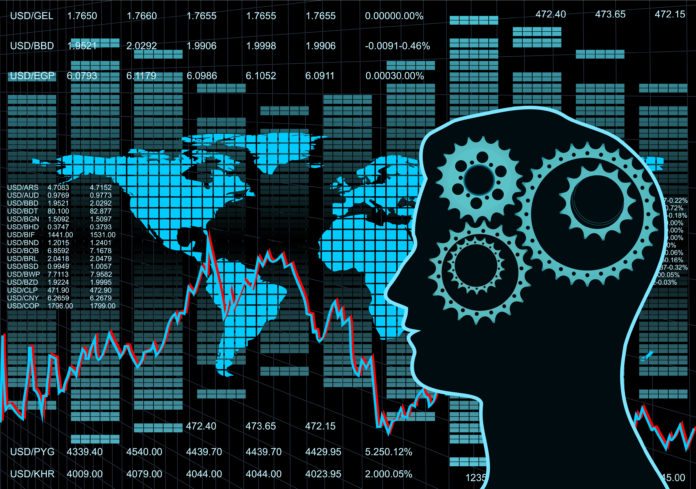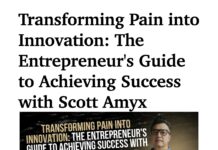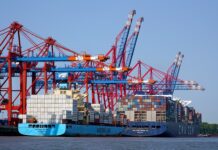Artificial intelligence (AI) is rapidly finding application in diverse areas. AI’s incredible abilities reflect in how Amazon’s Alexa can predict what restaurants users prefer or even in iPhone’s predictive messaging. The seemingly unstoppable capabilities of AI leads to an interesting question–can AI be powerful enough to generate original thoughts and what is AI’s impact on economic growth? Northwestern University economist Benjamin Jones and his colleagues are trying to answer this through their research. Jones and his team authored a research paper titled, “Artificial Intelligence and Economic Growth” for the National Bureau of Economic Research. Their work explores how many more jobs AI would help automate, going to the extent of generating new ideas on its own, and how AI’s impact on economic growth is assessed.
According to Jones, there is a possibility of machine learning taking over ideas of innovation and human tasks. The effect would be a radical change in how rapidly the economy grows. Given this possibility, Jones also asked if AI can actually execute and fulfill essential tasks. AI innovations could lead to workplace improvements and increased wage growth. But, on the other hand, certain jobs may become obsolete from the innovation and increased efficiency, thanks to AI. Rapidly growing AI areas include self-driving vehicles and e-commerce.
The Results of the AI Research
Jones’ research considers several scenarios where AI impacts society to varying degrees. Different models range from AIs replacing humans in all tasks to other models assuming partial degrees of automation. While there were no radical numerical data results, the research did help in assessing the impact of automation on generate economic growth. One model showed AI and economic capital can generate new ideas upon replacing human labor.
Some experts also hypothesis that AI could enter a rapid self-improvement cycle, which might dramatically change people’s lifestyles. Jones says, however, that economists disagree if AI would be able to generate original ideas on its own. Also, AI’s impact on economic growth might be substantial but only to a certain extent. This is because it is difficult to improve tasks beyond a certain point because of the limiting factors constraining the tasks. So, this hard-to-achieve improvement for different tasks directly limits the economic growth. For example, technology increased fertilizer production, but the production is limited by the amount of the available arable land. Computers also continue to become faster by the day, yet economic performance is slower than previous decades.
Given Jones’ research, it is important for tech researchers and developers to be cautious about AI’s development.


















